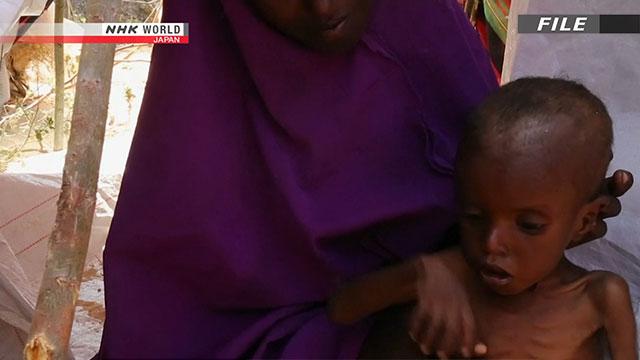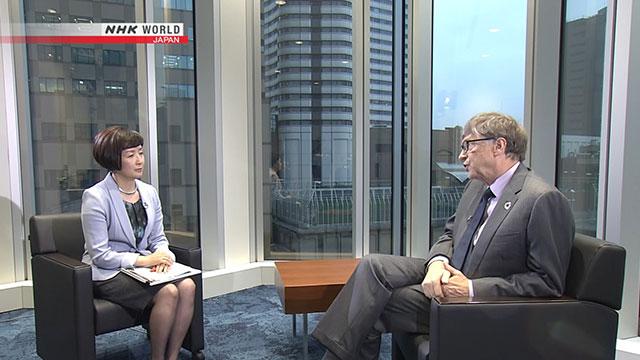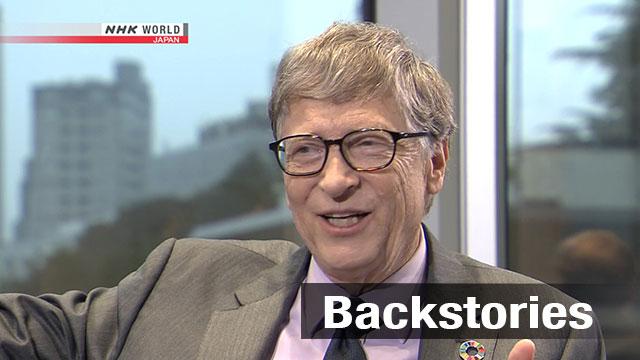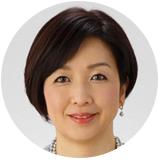Gates is perhaps the world’s most optimistic philanthropist too. To be more precise, he told me in two interviews in 2015 and in 2018 that he defines himself as an "impatient optimist." What he means by this is that he can’t wait too long when people’s health is at stake, but he is optimistic that cures can be found and aid will reach the needy.
Why Gates continues to be an optimist
In February, the Bill and Melinda Gates Foundation sent out "Our 2019 Annual Letter: Things We Didn’t See Coming." The letter highlights some of the daunting global health issues that we face today -- from poverty in Africa to the need to empower women; from wealthy countries turning inward to the lack of access to a decent toilet.

But Gates still manages to remain an optimist. He says, "When we’re feeling overwhelmed by negative headlines, we remind ourselves that none of us has the right to sit back and the world is going to keep getting better."
His message may partly be aimed at Japan, the host this August of TICAD, the Tokyo International Conference on African Development. Gates is also counting on the role that the Japanese private sector can play. He is confident that partnerships can bring about change faster and more effectively than most governments and international organizations.
Gates stresses that projects may not result in instant profit but it does make business sense to invest in health in Africa, where countries may be suffering from poverty but have the potential to grow.
So how does Gates see the state of the world today ? How can he still afford to be an optimist ? This is what he told me in a recent interview in Tokyo.

Bill Gates: ''The biggest suffering from climate change will be the poor farmers in Africa. If you live in a country where you have air conditioning, running water, yes you’ll have some hotter days, but, it won’t be a dramatic change. It’s when you live outdoors and you depend on the weather to have enough to eat, and so that affects health, because when you’re more malnourished, your chance of dying is dramatically higher. And even if you survive you never develop physically and mentally so you’re not able to be educated, to be productive. And so that’s already a challenge in Africa. They contributed essentially nothing to global warming. And yet, unfairly, the vast majority of the suffering will be right there.''
But global issues like health aren't necessarily everyone's top priority. Ever since Donald Trump became president, global challenges like climate change, poverty and health have taken a back seat in US foreign policy.
Doden: ''What comes to my mind is that when you look at the US today, if America First is their policy, their priority, I would think it would make both economic and moral sense, in the long run, to invest in the global health field by not only containing the disease that is there now, but trying to empower the people who are actually in the midst of suffering from the global health challenges.''
Bill Gates: ''Well, certainly the extreme view of, as somebody says, America First, would be that they don’t care at all about any benefits to people outside the country.
''Despite this wave of populism, aid from the United States has not been cut, and in most places we still see increases. And because some countries like many Asian countries are graduating from aid, like India is, then we get more resources to provide to those that are still in the toughest situations.''
Gates sees Japanese medical firms as a key resource for funding and technical expertise. In 2013, he helped establish the Global Health Innovative Technology Fund, or GHIT, together with partners including pharmaceutical companies, the Japanese government and the UN Development Program. The fund sponsors research and development on the treatment of neglected diseases.
Leading Japanese drug company Eisai is conducting a clinical study in Sudan on the disease Mycetoma. It's a chronic, destructive skin infection acquired from fungi or bacteria found in soil and water. The study is partly funded by the Gates Foundation.
Bill Gates: ''It's not business sense in that there's a direct line between what they're doing here and increased profitability. And yet all the leading companies in the Japanese drug industry have chosen to join in, and you know that is a fantastic thing. You know it helps them tell their employees these are companies that really care about health and not just the health of rich people.''
Gates thinks this will ultimately benefit the companies themselves.
Bill Gates: ''I do think the humanity of the executives involved is what's helping us and convincing them that they don't want to be left out.''
Doden: ''About three years ago when I interviewed you, I think you said you are impatient optimists.''
Bill Gates: ''That’s right.''
Doden: ''Has there been a shift in your mode?''
Bill Gates: ''Oh no. You know, I’m still very optimistic. The last three years we made a lot of progress. There are people that say in various places that generosity to other countries shouldn’t be a priority. But I know in the end, this idea that we care for other humans will win out.''

